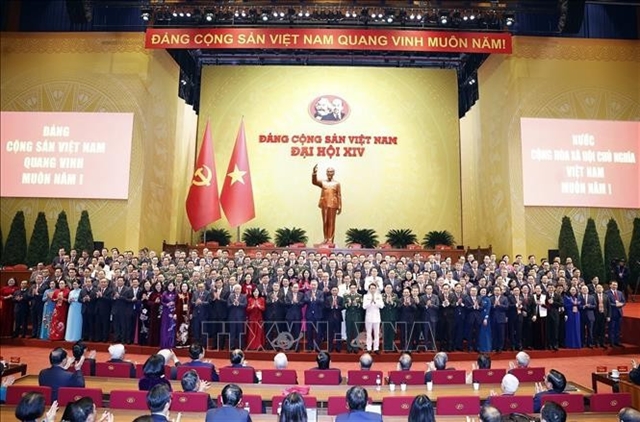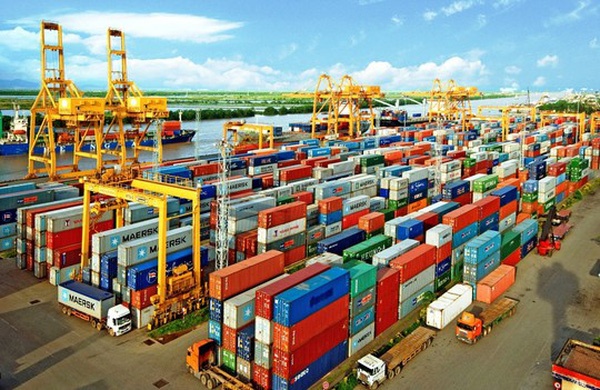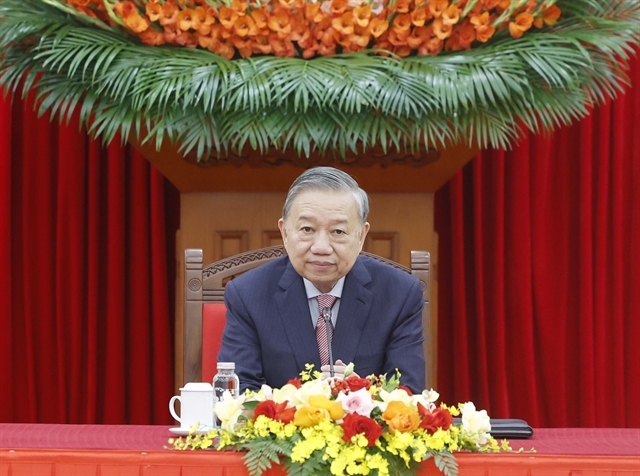 Economy
Economy


|
| The customs sector achieved the State budget revenue of about VNĐ348 trillion in 2019. Photo chinhphu.vn |
HÀ NỘI - Việt Nam's customs department contributed a record VNĐ348 trillion (US$15 billion) to the State budget from the collection of import and export taxes in 2019, according to the General Department of Customs.
Lưu Mạnh Tưởng, director of the Import-Export Tax Department under the General Department of Customs, said the tax collected in 2019 was VNĐ34 trillion higher than in 2018.
Free trade agreements between Việt Nam and its partners, including the Republic of Korea, ASEAN and the Comprehensive and Progressive Agreement for Trans-Pacific Partnership (CPTPP), had helped improve Việt Nam’s business climate.
This result was also due to strong growth in trade that reached $510 billion last year, Tưởng said.
Statistics showed that $105.16 billion of imports and exports were taxed, up 7.97 per cent year-on-year. This figure included $5.8 billion from exports, down 1.8 per cent, and $99.36 billion from imports, up 8.6 per cent.
The largest impact on State tax collection was the Nghi Sơn Refinery and Petrochemical Plant.
The plant imported more than 7 million tonnes of crude oil worth $3.33 billion, up 58 per cent in volume and 38 per cent in value year on year. It paid VNĐ7.9 trillion ($341.6 million) in import taxes, a year-on-year surge of 41 per cent.
Imports of complete built-up (CBU) cars also contributed $2.91 billion in total, up 97.7 per cent in value year on year.
The State collected total tax revenue of VNĐ38.2 trillion ($1.6 billion) from the imports, up by 102.4 per cent over the same period of 2018.
However, reduced import tariffs under FTA commitments had hit revenue collection.
The General Department of Customs forecasts this would continue to be a problem this year because more FTAs were coming into effect. - VNS




